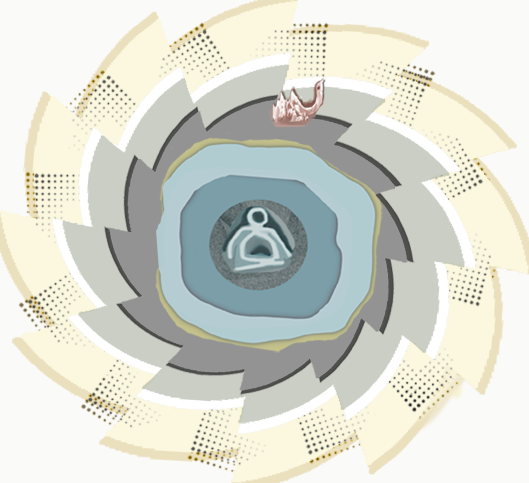The Neuroscience of our Mind+Brain+Body connections
During Lockdown our clients returned to us with heightened levels of stress and many asked the question:
‘How can we prepare for the many changes we are experiencing?’
We found a common need was simply learning to live with the primal Buzz the higher levels of unknowns creates.
Others were exhausted by a mindset resistant to changes they really needed to make and so lost motivation with their self-defeating thoughts:
‘But why should I change if I don’t really want to?’
In response to this growing need to build new mental habits we drew on our many decades of neurophysiological research into the way our mind+ brain + body responds to threats and unknowns. This resulted in ‘Wanderer’ - a safe space for us to build smarter mental habits and insights into our ever-evolving future.
‘Wanderer’ and its neuroscience foundations
Consider: how easily do you flow between the various levels of energy and action, each for a diffent need and at different times of the day?
We linked Porges’ 3 hierarchical states of being to our experiences of being in a locked-down world:
Wanderer is based on our primary States of Being as described by the decades of Polyvagal research by Stephen Porges. Deb Dana introduced visual metaphors depicting personal polyvagal experiences and we followed by adding strong African pulse. It poses questions about our state as we emerge from a locked-down world into an uncertain future:
“ Where are you spending most of your time now? ”
We were further influenced by the recent lockdown research done at the Lockdown Stress Lab.
The director George M. Slavich points out that it is essential for our well-being that we are able to transition easily between these states - something many seem to find even more difficult in our world of change.


